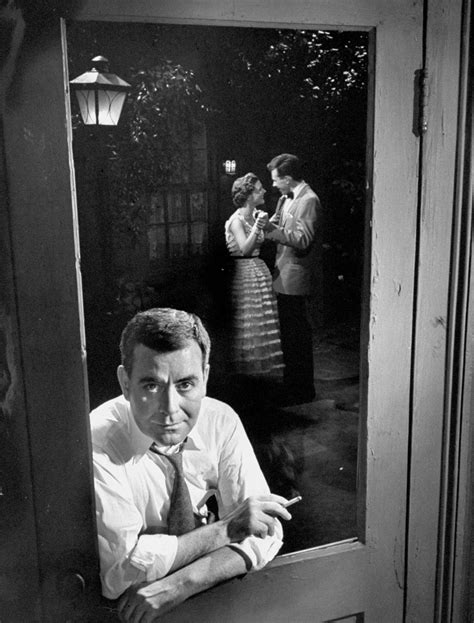A Quote by Horton Foote
I'm a social writer in the sense that I want to record, but not in the sense of trying to change people's minds.
Related Quotes
Today, blacks are no longer the litmus paper or the barometer of social change. Blacks are in every segment of society and there are laws that help to protect them from racial discrimination. The new ‘niggers’ are gays. It is in this sense that gay people are the new barometer for social change. The question of social change should be framed with the most vulnerable group in mind: gay people.
If we hope to stem the mass destruction that inevitably attends our economic system (and to alter the sense of entitlement - the sense of contempt, the hatred - on which it is based), fundamental historical, social, economic, and technological forces need to be pondered, understood, and redirected. Behavior won't change much without a fundamental change in consciousness. The question becomes: How do we change consciousness?
I say the elite looks out of touch because it's kind of saying; look we'll manage all this for you. You know, we know best. We'll sort it all out for you. And then because people believe that doesn't meet their case for change and they want real change, social media and the way the relationship between people can come into a sense of belonging very quickly, that then is itself a revolutionary phenomenon. You see this around the world.
what a writer does is to try to make sense of life. I think that's what writing is, I think that's what painting is. It's seeking that thread of order and logic in the disorder, and the incredible waste and marvelous profligate character of life. What all artists are trying to do is to make sense of life.
Are they moved by a sense of human need for silence, for reflection, for inner seeking? So they want to get away from the noise and tension of modern life, at least for a little while, in order to relax their minds and wills and seek a blessed healing sense of inner unity, reconciliation, integration?
Now we cannot...discover our failure to keep God's law except by trying our very hardest (and then failing). Unless we really try, whatever we say there will always be at the back of our minds the idea that if we try harder next time we shall succeed in being completely good. Thus, in one sense, the road back to God is a road of moral effort, of trying harder and harder. But in another sense it is not trying that is ever going tobring us home. All this trying leads up to the vital moment at which you turn to God and say, "You must do this. I can't.
There is something really horrific for any human being who feels he is being consumed by other people. I'm talking about a writer's critics, who don't address what you've written, but want to probe into your existence and magnify the trivia of your life without any sense of humor, without any sense of context.






































